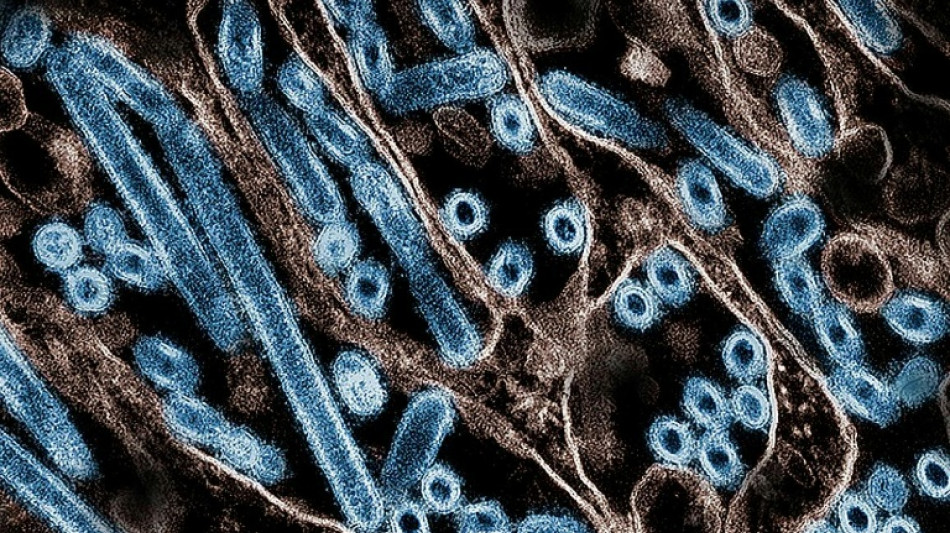
SCS
0.0200


The bird flu virus found in a severely ill patient hospitalized in the United States has mutated to become better adapted to human airways, though there is no evidence it has spread beyond the individual, authorities said.
Earlier this month, officials announced an elderly Louisiana patient was in "critical condition" with a severe H5N1 infection.
An analysis posted by the Centers for Disease Control and Prevention (CDC) on its website Thursday found that a small percentage of the virus detected in the patient's throat had genetic changes that may lead to "increased virus binding" to certain "cell receptors found in the upper respiratory tract of humans."
Importantly, these changes have not been found in birds, including in the backyard poultry flock thought to have infected the Louisiana patient initially.
Instead, the CDC stated that the mutations were "likely generated by replication of this virus in the patient with advanced disease," adding that no transmission of the mutated virus to other humans has been identified.
Experts contacted by AFP said it was too early to determine whether these changes would make the virus spread more easily or cause more severe disease in humans.
The particular mutation "is one step that is needed to make a more efficiently transmissible virus," said Angela Rasmussen, a virologist at the University of Saskatchewan in Canada. "But I do want to point out that it's not the only step."
She explained that while the mutation might mean the virus can more easily enter cells, this would need to be confirmed through further testing on animals. Moreover, similar mutations have been found in severely ill patients in the past without triggering wider spread among humans.
"It's good to know that we should be looking out for this," she said, "but it doesn't actually tell us, 'Oh, we're this much closer to a pandemic now.'"
Another expert, Thijs Kuiken of Erasmus University Medical Center in the Netherlands, agreed with Rasmussen.
"Efficient attachment to human upper respiratory tract cells is necessary, but not sufficient, for more efficient transmissibility between people," he said, "because the attachment process is but one of several steps in the virus replication cycle in a human cell."
Rasmussen expressed greater concern about the overall level of bird flu currently circulating rather than this specific case.
The CDC has reported 65 confirmed human cases of bird flu in the United States in 2024, with more likely going undetected among dairy and poultry workers.
This, Rasmussen explained, increases the chances of bird flu "reassortment" with seasonal flu, which could lead to "rapid evolutionary leaps in a short period of time," similar to the processes that caused the 1918 and 2009 pandemics.
B.Carter--ThChM